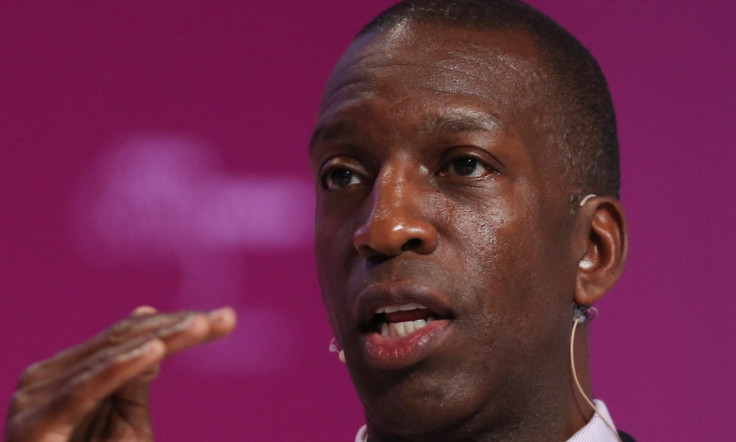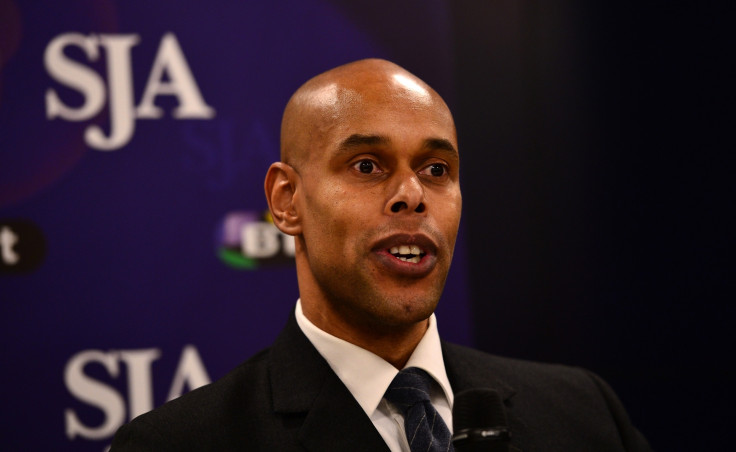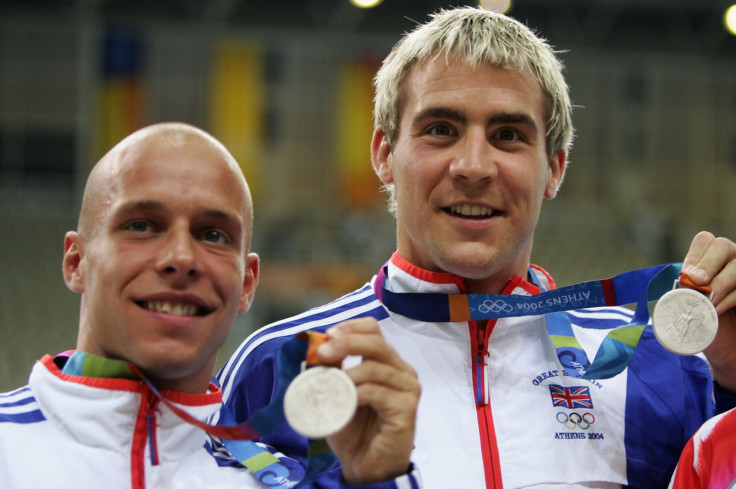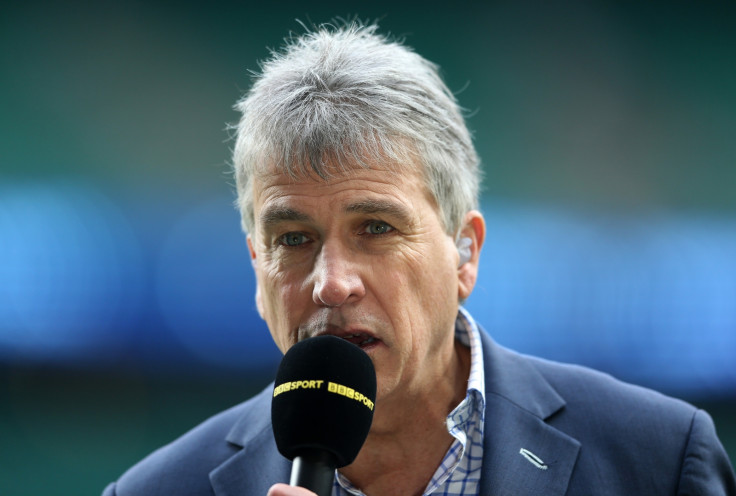Rio 2016: The best and worst pundits, presenters and broadcasters of the Olympic Games
IBTimes UK awards medals for the finest coverage and identifies those who polluted the airwaves.
For all the records, wonderful narratives and Great Britain's spellbinding success; the Rio 2016 Olympic Games will also be remembered for how scrutiny over the performance of broadcasters swelled to obsessive levels. Companies pay the International Olympic Committee billions to show the multi-sport event, and their investment doesn't stop there.
Former sportspeople are rolled out by the bucket load to provide insight, analysis and enlightenment into sports which for the other 11 months of the year are more often than not cast into the shadows. Occasionally, companies get it spot on with individuals able to breakdown performances and the intricacies of events in a non-condescending tone. Often, hot air emanates from their flashy jackets and preposterous haircuts, or the airwaves are polluted with pom-pom waving best reserved for High School Musical.
To help highlight the great and the good, the poor at the overvalued; IBTimes UK have compiled the ultimate broadcast podium and asked which experts have failed to register a personal best amid the fiesta of sport. Look away Leon Taylor.

Olympic broadcast podium
Gold – Michael Johnson (Athletics): Track and field is the most accessible of any of the 28 sports on the Olympic roster, yet the American provides freshness to his insight which has seen him sprint clear of his colleagues from the BBC. His stand-out contribution came in reaction to Wayde van Niskerk breaking his 17-year 400m world record, a sobering moment for lesser athletes, which the 48-year-old labelled as a "massacre" before lamenting the condolences he subsequently received.
Silver – Chris Boardman (Cycling): Given the prowess displayed by Boardman in events on the road and the track, he might be the most flexible pundit at the Games. The 47-year-old has a relatively modest Olympic record compared to some of his counterparts in other sports, with two medals from four appearances, yet he proves that life experience is far more valuable than one's trophy cabinet. Identifying the literal pitfalls of the road race course prior to the crashes which could unfold was an outstanding coup.
Bronze – Rob Vickerman (Rugby sevens): Pundits often appear to turn up for guest appearances having done an insignificant amount of research and believing their name and reputation alone will carry them through. Vickerman bucked that trend completely while working with BBC Radio Five Live. The England centre ran head first into a reporting position, rather than merely summarising, alongside stablemate Ian Robertson and immediately provided an alternative angle on an otherwise simple sport and went above and beyond when it came to mathematical permutations.

Personal best – Clare Balding
The BBC made their best decision of the whole summer when they chose to allow Gary Linker to lie around in his pants, and give the chief anchor role to the jack-of-all-trades Balding. She ran the show at the Paralympics four years ago with Channel 4, but given the hot-seat for the number one show on earth Balding was everything that was good about the prime time slot. Even amid the constant changing of channels, Balding cut a tranquil figure and never blew a single occasion out of proportion. Coupled with the universal understanding of every sport going, she is the Beeb's shining light in the presenters chair.
Personal worst - Ronald McIntosh (Boxing)
No set of reporters have a more gruelling schedule during an Olympics than those who work on the boxing competition, which takes place on every single day of the Games, from dawn until dusk. Naturally the coverage may become sterile as the journalists on site battle with tedium as the bouts drag on. McIntosh's commentary has however become so formulaic you can almost beat him to his next cliché. Furthermore, Richie Woodhall appears to guide McIntosh through fights, with his only comments of worth having been lifted directly from his colleague.
DNF
Leon Taylor (Diving): Taylor won Great Britain's first ever Olympic diving medal, silver at Athens 2004, and can be regarded as a key figure in the current team's success. His voice has the utmost relevance, and that has been backed up by his analysis which engages the casual viewer. But amid the flickers of brilliance has come ferocious cheerleading which is better suited to the NFL. Stellar British performances, of which there have been several, has been accompanied by huge cheers of celebration, with Taylor having aggressively penetrated the boundaries of professionalism. Such reactions should be reserved for those in the stands and Taylor should have taken up an option on any of the free-available tickets.

Matt Baker (Gymnastics): As a British junior, Baker has a strong gymnastics background. However, the former Blue Peter man is still ill-equipped to explain the details behind routines from some of the finest athletes the sport has ever seen. Baker has often been put right by Christine Still and Daniel Keatings over the performances of several individuals or turned to them to lend some much-needed insight. Indeed, Baker merely plays the role of introducer which given the large team covering gymnasts makes his role somewhat benign.
Mathew Pinsent (Rowing and canoe slalom): If Boardman doesn't proves that an athlete's medal haul does not impact on their their ability to broadcast effectively, then four-time Olympic champion Pinsent surely does. The 45-year-old was very much the third wheel behind the BBC's rowing coverage, his only contributions coming from 'behind the scenes' pieces to camera which he offered in a hushed tone akin to Sir David Attenborough, and an ill-fated endorsement of Katherine Grainger's pursuit of Olympic gold.
They've got this.
— Matthew Pinsent (@matthewcpinsent) August 11, 2016
The canoe-slalom saw his lack of anything reasonable to say replaced by cringe-worthy praise of David Florence applauding his fellow competitors after finishing last in the C1 event.

Sun Yang award for biggest witch hunt
John Inverdale – Attempts to pick holes in the BBC's Olympic coverage has led to a handful of publications using Inverdale as the scapegoat. While some presenters have embraced ineptitude the rowing, tennis, boxing and rugby correspondent has been calm and provoked real emotion from his subjects. History may be against him when it came to overlooking the Williams sisters, but journalists across the world can sympathise with his struggles in the mixed zone. The fact some outlets have used the incident to attack one of their own is another episode of the industry eating itself.
Sir Steve Redgrave award for worst check shirts
Sir Steve Redgrave – The five-time Olympic champion may be one of the most illustrious names in British sport, but his choice of attire has been horrifically bad. Whether it be at the Lagoa Stadium or during a brief appearance in the velodrome, Redgrave has performed the role of British tourist in Rio perfectly. The only question is how he kept his long-focus lens camera, binoculars and bum bag so well concealed.
© Copyright IBTimes 2025. All rights reserved.






















